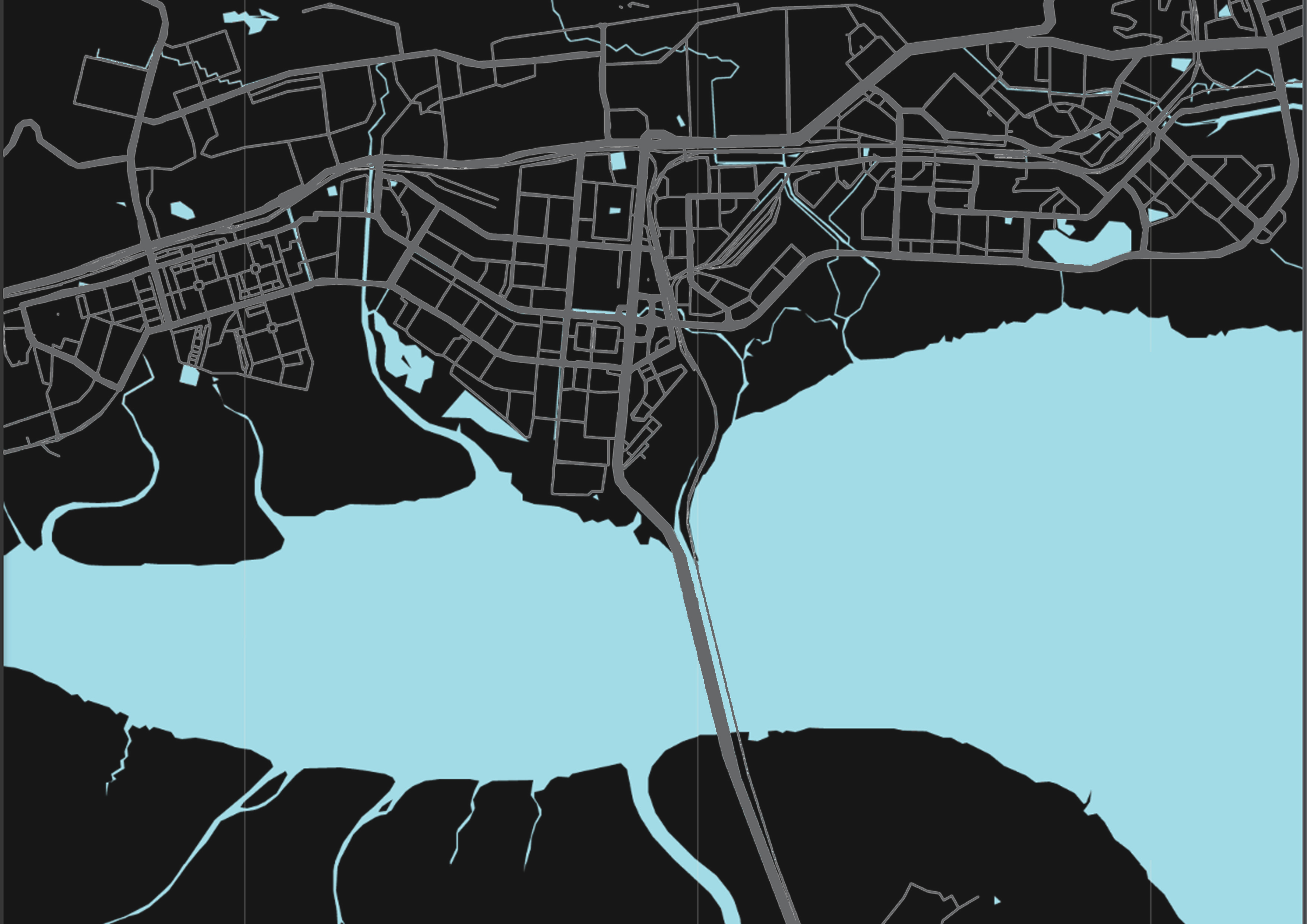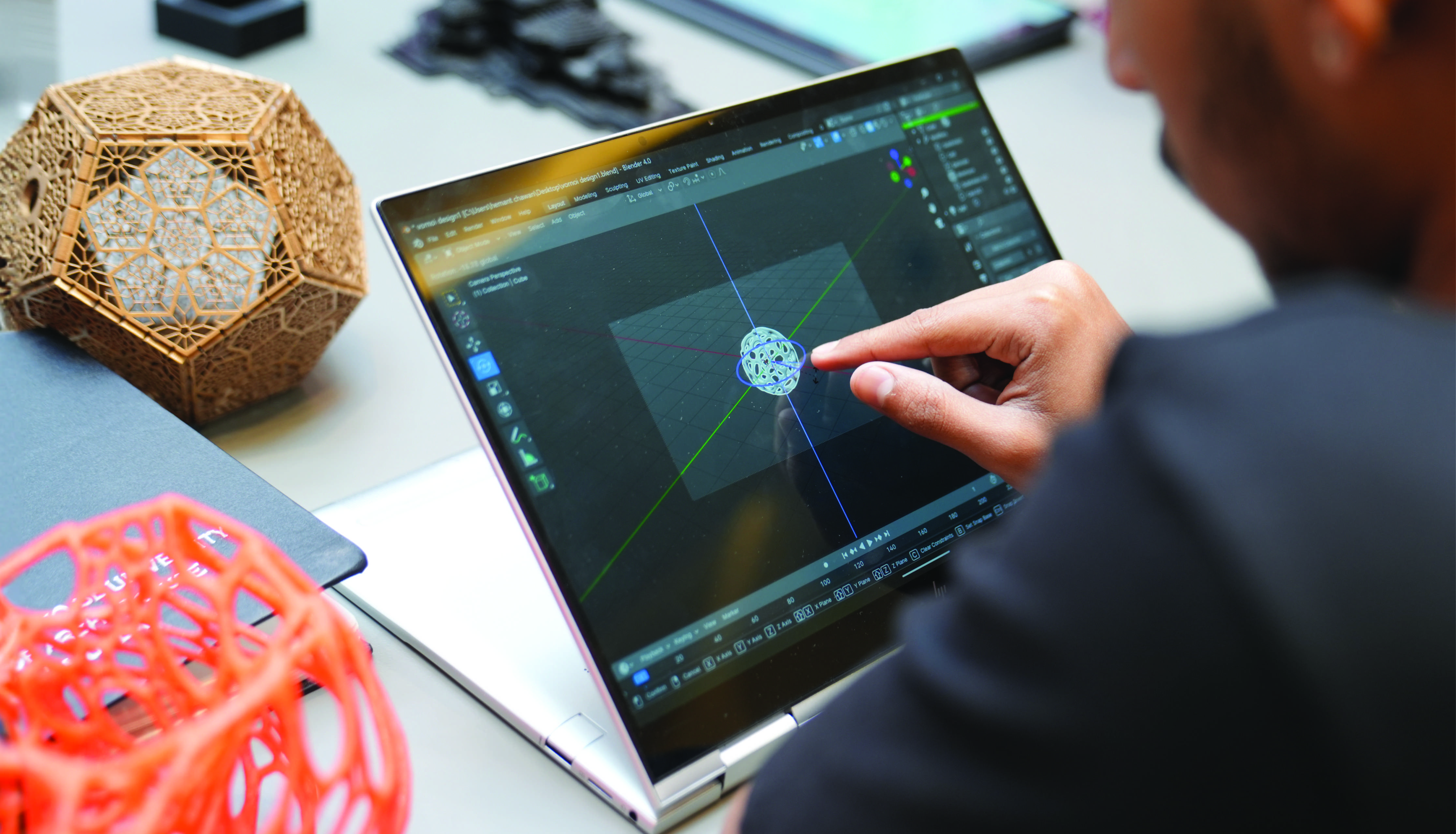About the
Program
The Master of Planning (Urban Planning) offered by D Y PATIL DEEMED TO BE UNIVERSITY SCHOOL OF ARCHITECTURE is a dynamic and future-oriented postgraduate program that responds to the complex realities of urban transformation in the 21st century. This program is designed to create a new generation of globally competent planners who are rooted in sustainability, social equity, and legal and policy frameworks.
Framed around key developmental and academic objectives, the program aims to cultivate planners who are not only technically skilled but also ethically grounded, innovation-driven, and prepared to address the spatial and socio-economic challenges facing both global cities and regional settlements.
At the heart of the curriculum lies an interdisciplinary approach that bridges urban design, policy-making, data analytics, legal studies, and environmental planning. Students are exposed to real-world complexities through studio-based learning, industry internships, and live projects that foster critical thinking and problem-solving.
The program reinforces research and innovation, encouraging students to approach planning as a powerful knowledge system for sustainable development. Through rigorous training in GIS & Remote Sensing, land-use and transport planning, urban governance, and impact assessments, graduates are empowered to shape urban futures with clarity and purpose.
Equally important is the program’s emphasis on interdisciplinary collaboration and knowledge exchange. Students actively engage with professionals from academia, government, and global industry, gaining a nuanced understanding of planning practices worldwide. This interaction fosters adaptable and forward-thinking professionals capable of driving inclusive, resilient, and sustainable urban growth.
The program also nurtures socially responsible leadership, ensuring that graduates contribute meaningfully to the built environment while advocating for inclusive urban systems that reflect community aspirations. As cities worldwide face growing pressures of urbanization, climate change, and inequality, this program positions its graduates as transformative agents equipped with the skills, knowledge, and ethical grounding to make a positive, global impact.
Course Duration
With over 75 programs in Health and Allied sciences, Business management, Sports, Biotechnology and Bioinformatics and Hospitality & Tourism studies, DYPU is today recognized as one of the finest institutions in the field of education, healthcare and sports.
Years to complete

SEMESTERS

WORKING WEEKS

Course
Eligibility
The eligibility for Admission to First Year of Two Years Post Graduate Program in Master of Planning (Urban Planning) offered by D Y PATIL DEEMED TO BE UNIVERSITY SCHOOL OF ARCHITECTURE for the academic session 2025-2026 shall be as per INSTITUTE OF TOWN PLANNERS, INDIA as:
Bachelor’s Degree in Planning or
Bachelor’s Degree Architecture or
Bachelor’s Degree Civil Engineering or Architectural Engineering
Post Graduate Degree in Geography, Economics, or Sociology from a recognized university or equivalent.
* No candidate with less than 55% marks in aggregate at the qualifying examination shall be admitted to the planning course which may be relaxed for SC and ST candidates, as per Government rules.
Program
Outcomes
The broad Programme outcomes for PG students in Master of Planning (Urban Planning) are as follows
The broad Programme outcomes for PG students in Architecture are as follows
| PROGRAMME OUTCOMES (POS) | |
| By the end of the Programme the students shall be able to demonstrate the following | |
| PO 1 | Perceive beyond the obvious and innovate ‘ Out of the Box’ designs |
| PO 2 | Acquire the tools of Perceptions, Abstractions and Representation. |
| PO 3 | Think critically and argue for unique standpoints |
| PO 4 | Apply the argument for stating the (Design) problem |
| PO 5 | Understand the various aspects of Building Sciences and Technology (BST) |
| PO 6 | Integrate the know- how of BST in the (Design) process |
| PO 7 | Engage with various allied disciplines |
| PO 8 | Integrate allied disciplines with architecture |
| PO 9 | Understand the nuances of Building Practices |
| PO 10 | Apply innovation and critical standpoints to practice |
| PO 11 | Develop insights into changing scenarios, climatic/ socio-political. Global |
| PO 12 | Employ the latest design tools. technology and practices to achieve transformation |
| PROGRAMME SPECIFIC OUTCOMES (PSO) | |
| By the end of the Programme the students shall be able to demonstrate the following | |
| PSO1 | Develop a critical understanding of the Constitutional framework while planning cities |
| PSO2 | To enable a co relative understanding between Administration, Governance and Policies with Spatial planning |
| PSO3 | Enable students to create Planning strategies in alignment with emergent contexts such as environmental sustainability and eco sensitivity |
| PSO4 | In-depth research development and enable ability to apply research findings towards sustainable future development. |
| PSO5 | Ethical practices and Assessment of Society and surrounding through various discourses, suitable research and development. |
| PSO6 | To develop advanced technological skills for Urban Analytics in analyzing built and un-built environment |
| PSO7 | Create user-centric and equitable development from a thorough understanding of Socio-Politics, Socioeconomics, History, and Spatial Planning Processes |
| PSO8 | Create strategic entrepreneurial approaches through field practices and thus develop professional skills |
Program
Highlights
- To create Global Planners who are sustainability-conscious, legally informed, and socially equitable in their approach.
- To reinforce research and innovation in employing Planning as a knowledge system for sustainable development.
- To foster inter-disciplinary collaborations and knowledge exchange between Academia and Global industry/ practice.
- To nurture socially responsible and globally competitive planners bringing positive impact in the field of architecture and planning
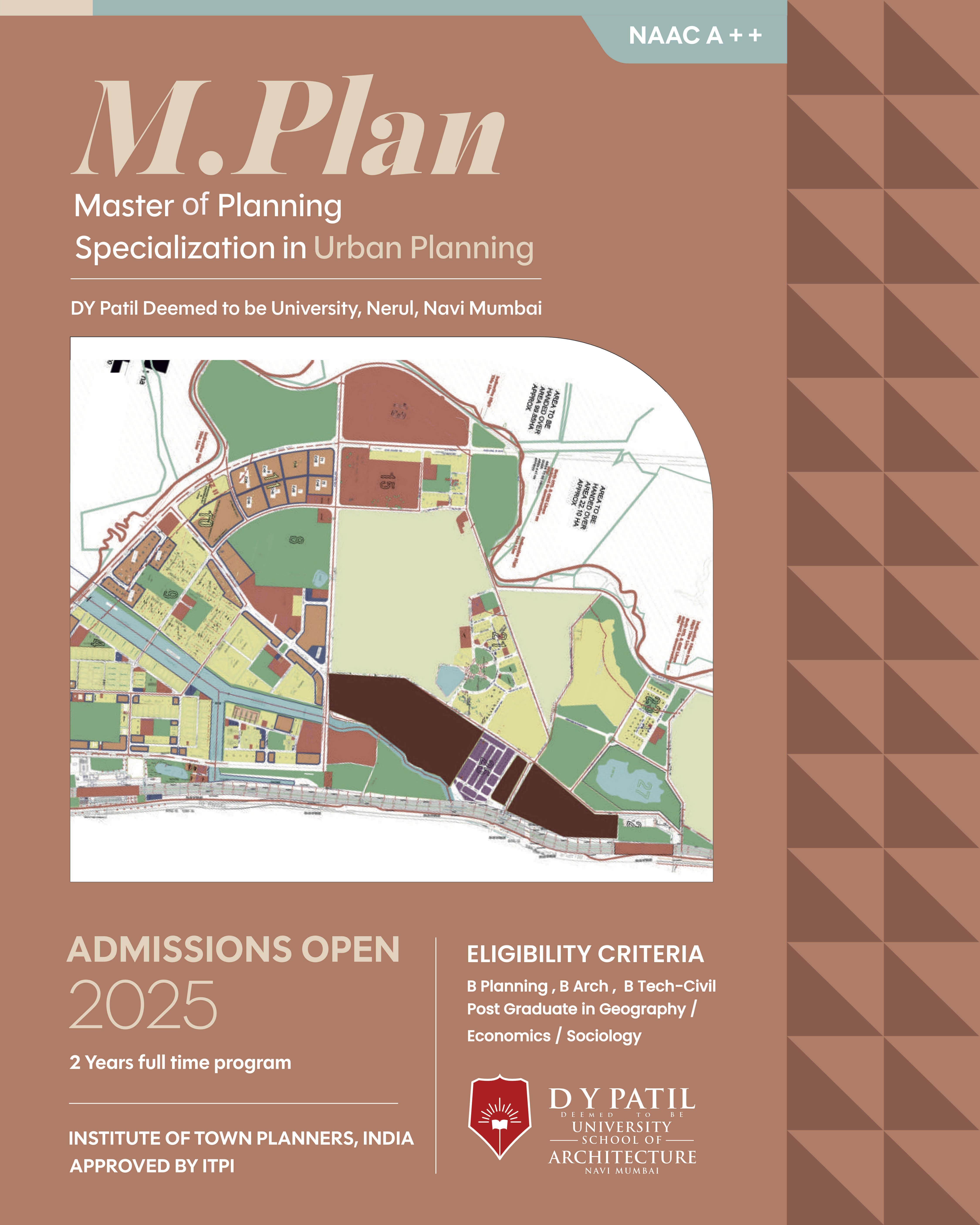
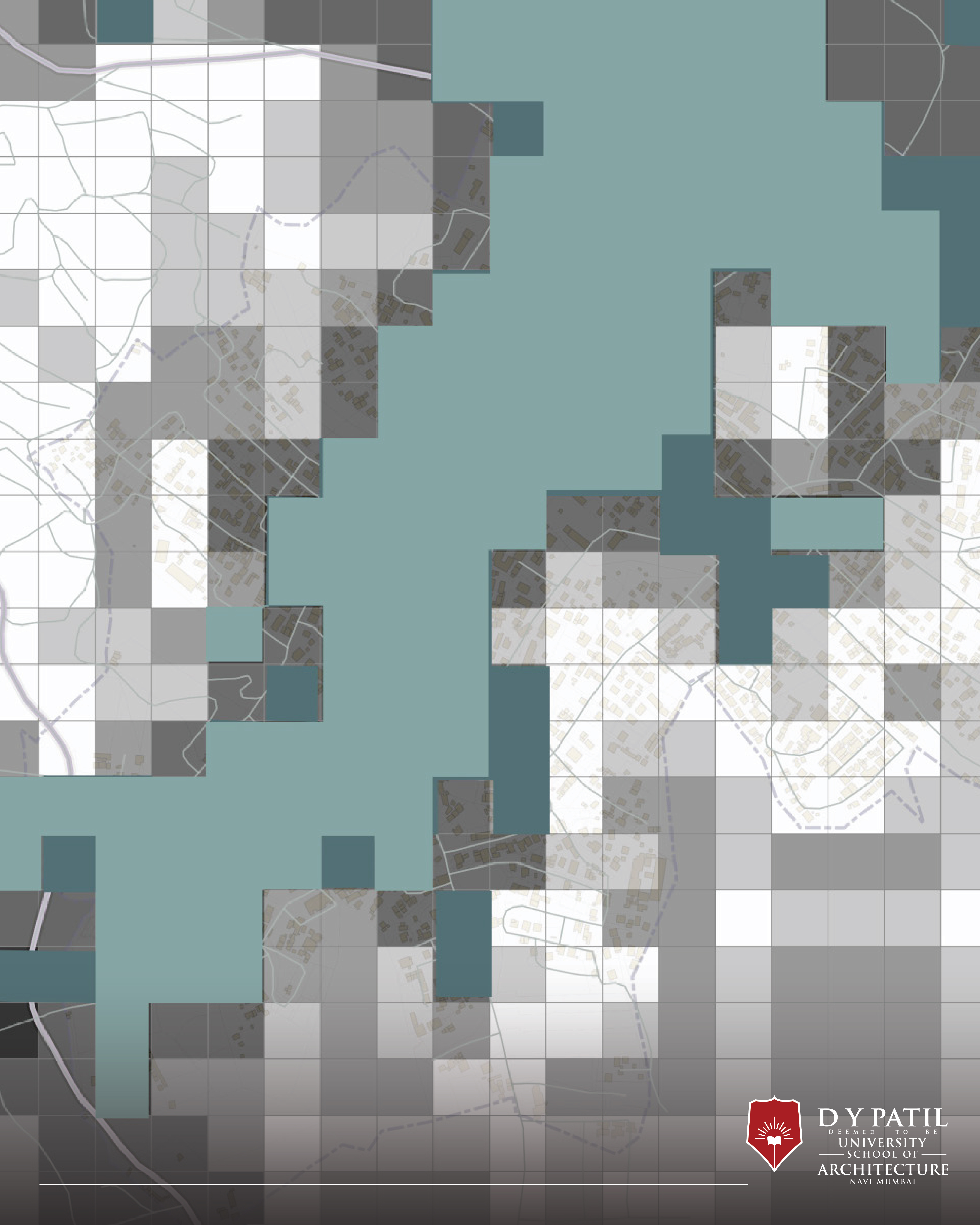
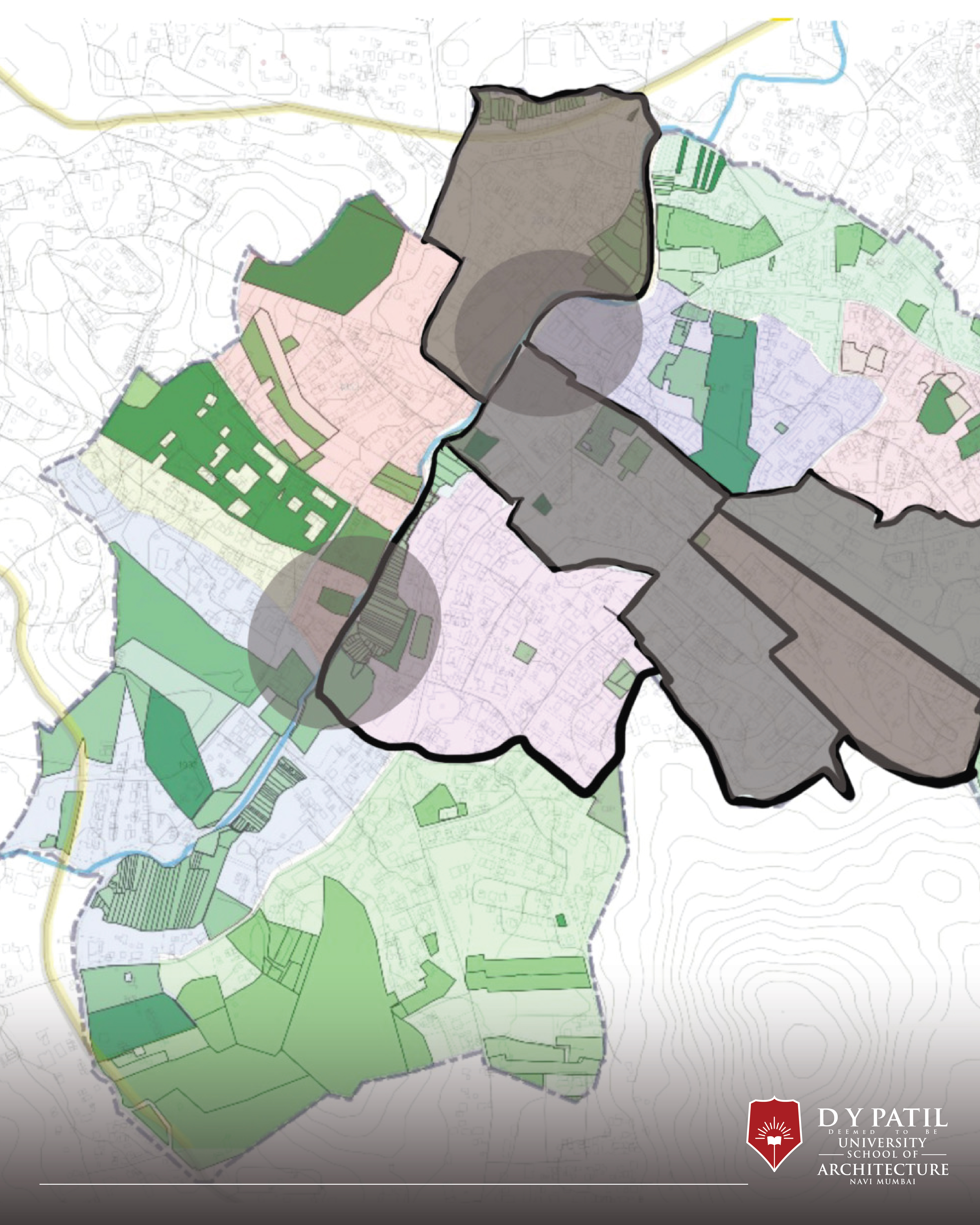
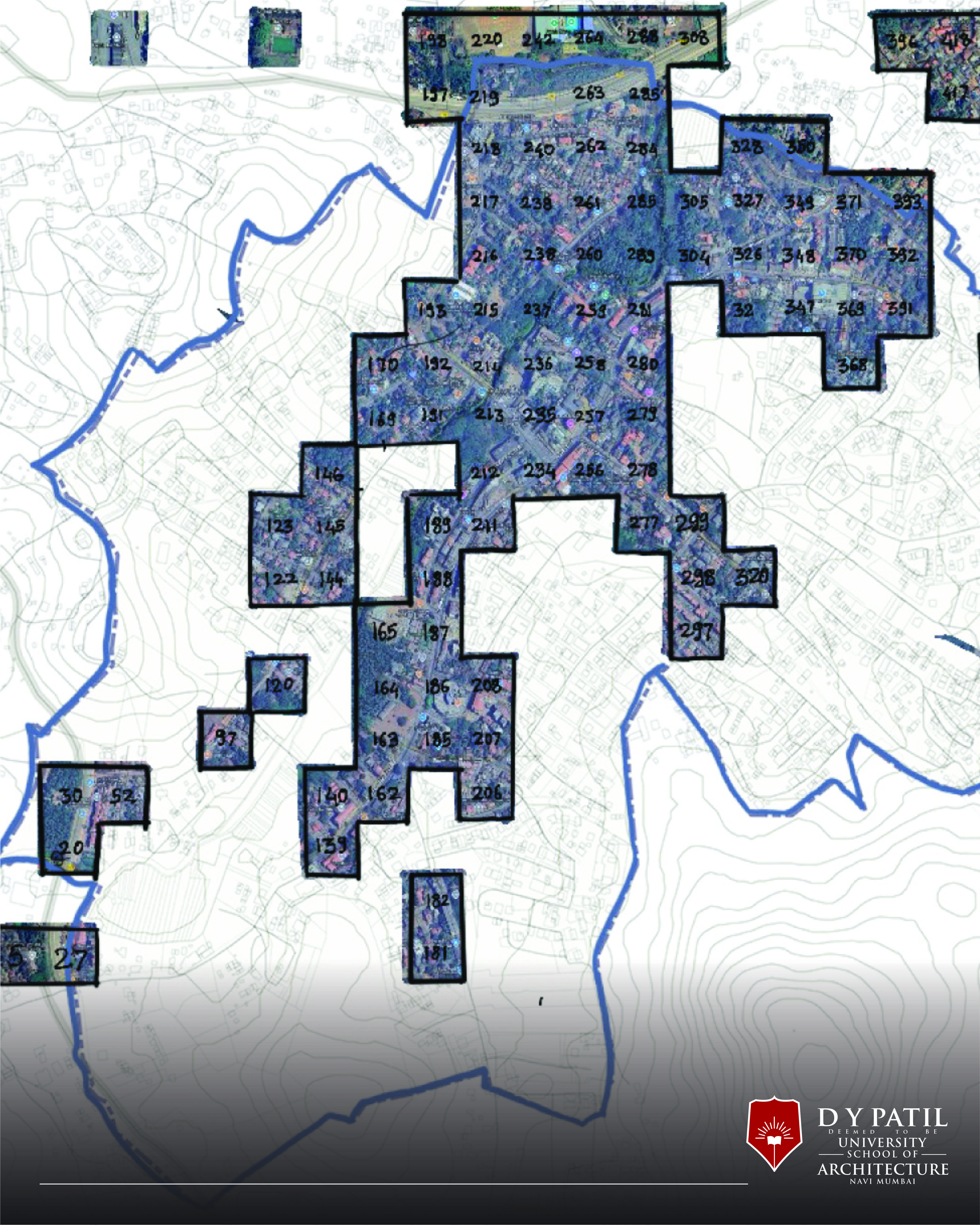
Program
Scope
- Sustainability‑conscious Planning:
Ensure graduates can apply sustainable development frameworks (including SDGs) across environmental, social, economic, and spatial dimensions.
- Legal and Regulatory Competence:
Equip students to navigate urban laws, land-use policies, zoning, public finance, hazard management and regulatory frameworks contextually.
- Research & Innovation Capacity:
Embed planning as a knowledge system—incorporating tools like GIS, data analytics, digital twins, VR, and scenario modelling to support evidence-based planning.
- Interdisciplinary & Global Exchange:
Facilitate collaborations between academia and industry globally, through joint studios, exchange programs, and practitioner‑led workshops.
- Social Responsibility & Global Competitiveness:
Develop planners who lead impactful, ethical, internationally informed urban interventions, rooted in expertise and cultural sensitivity.
International
Collaboration
Infrastructure
With over 75 programs in Health and Allied sciences, Business management, Sports, Biotechnology and Bioinformatics and Hospitality & Tourism studies, DYPU is today recognized as one of the finest institutions in the field of education, healthcare and sports.

Teaching
Methodology
Experiential Learning → Multi-disciplinary, Field Work
- Multidisciplinary team‑based tasks, combining planning, sociology, environment, and governance perspectives
Participative Learning → Seminars, Group Discussion, Research & Exploration
- Interactive seminars and group discussions where students explore planning dilemmas collaboratively.
- Emphasis on inquiry-based learning, peer-to-peer debate, and reflective practice to produce deeper understanding
Exploration → Unlearning Conventional Methods, Rule-Based Planning, Software Simulations
- Encourages unlearning traditional prescriptive rules and exploring alternative planning paradigms.
- Use of rule-based urban modelling tools, simulations, and scenario experimentation
Outcomes → Analysis Using Digital Tools (GIS, RS)
- Application of digital spatial analysis using GIS (Geographic Information Systems) and RS (Remote Sensing) to derive planning outcomes.
- Integration of simulation results into evidence-based policy or design proposals.
- Supports learners in practicing data-driven analysis and abstract conceptualization and active experimentation phases of experiential learning

Program Syllabus
Loading PDF viewer...
